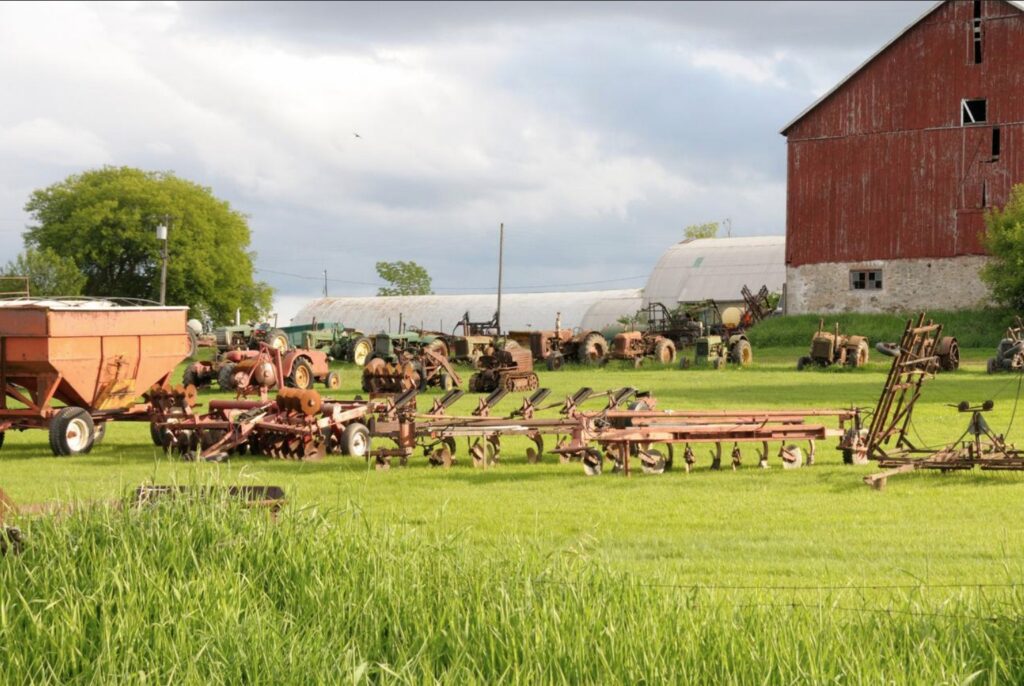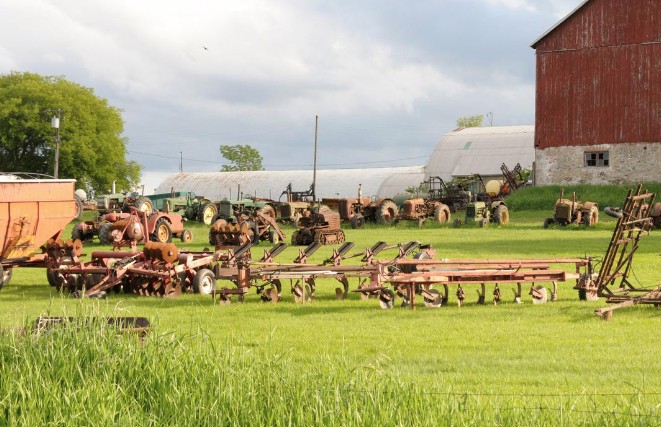Genesis McKellar, Freedmen Heirs Foundation Executive Administrative Assistant
Farming is the backbone of both national and global food production, but there is an overarching challenge that can devastate crops and reduce yields: the presence of harmful pests. Conventional pest control systems have relied heavily on synthetic pesticides and agrochemicals, leading to environmental degradation, resistance development, and potential risks to human health. However, the increasing need for sustainable agricultural practices has sparked the adoption of environmentally friendly and economical pest management systems. This article explores the concept of sustainable pest management in farming, its key components, and the numerous benefits it offers to farmers, the environment, and society at large.
Make Soil Health A Priority
Healthy soil is the foundation of any viable plant, and the same holds true in crop production. A fully functioning soil will help increase yields with minimal crop loss; therefore, good soil health is essential to maximizing yields and profitability. Poor soil health can be detrimental to crops as it reduces their resilience to pest damage. Farmers may evaluate the well-being of their soil by performing various assessments such as biological diversity, soil structure and color, and soil quality. See USDA’s Cropland In-Field Soil Health Assessment Guide to learn more.
Know Your Pests
Not all insects are harmful to plant health. It is critical to accurately identify pest damage early in the growing and harvest cycle to consider effective options for reducing and managing pest damage. Distinguishing between beneficial and damaging pests is the primary step in the pest management process and will govern subsequent actions. The Sustainable Pest and Weed Control Database is a user-friendly resource to determine which pests are harmful and provides the exact sustainable methodology to prevent crop loss and control pests. It is also recommended to keep a journal that documents when pest occurrences happen, mitigation practices used, and the effectiveness of the adopted methodology.
Crop Rotation
Not only is crop diversification beneficial to the health of soil, but it is a sustainable method of pest control. Crop rotation has the ability to reduce weeds, insects, and diseases that can harm crops and reduce yields. Continuously planting one crop within a specified area can increase population levels of pre-existing soil-borne pathogens. By rotating crops and introducing diverse plant species to the soil, farmers can disrupt pest life cycles and promote a healthier ecosystem. See Figure 2.1 from Sustainable Agriculture Research and Education (SARE) for an overview of rotation planning.
Consider Biological Prevention Methods
Pest problems can be prevented using natural practices; however, implementation will require the ability to closely identify the cause. Introducing natural predators, parasites, or pathogens can aid in the control of pest populations with minimal to no use of synthetic pesticides. Planting cover crops (plants grown primarily to benefit the successful growth of other future crops) is also an effective method for pest and disease management, as they aid with soil erosion, improve soil health, crowd out weeds – ultimately increasing profitability. For more information on the benefits of cover crops, see USDA’s website.
Sustainable practices of pest management in farming offer a promising path towards a more environmentally friendly, economically viable, and socially responsible agricultural future. By embracing the concepts listed above, farmers can effectively manage crop health while safeguarding the environment and creating a resilient and sustainable farming system.
References:
USDA | Cover Crops and Crop Rotation
ATTRA Sustainable Agriculture Tipsheet: Organic Pest Management
SARE | A Whole-Farm Approach to Managing Pests
USDA | Cover Crops Benefit Both Commercial Farmers and Urban Gardeners




